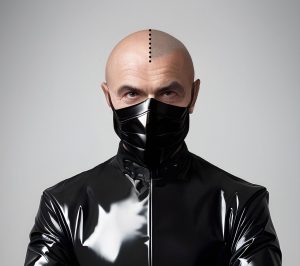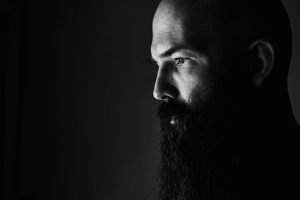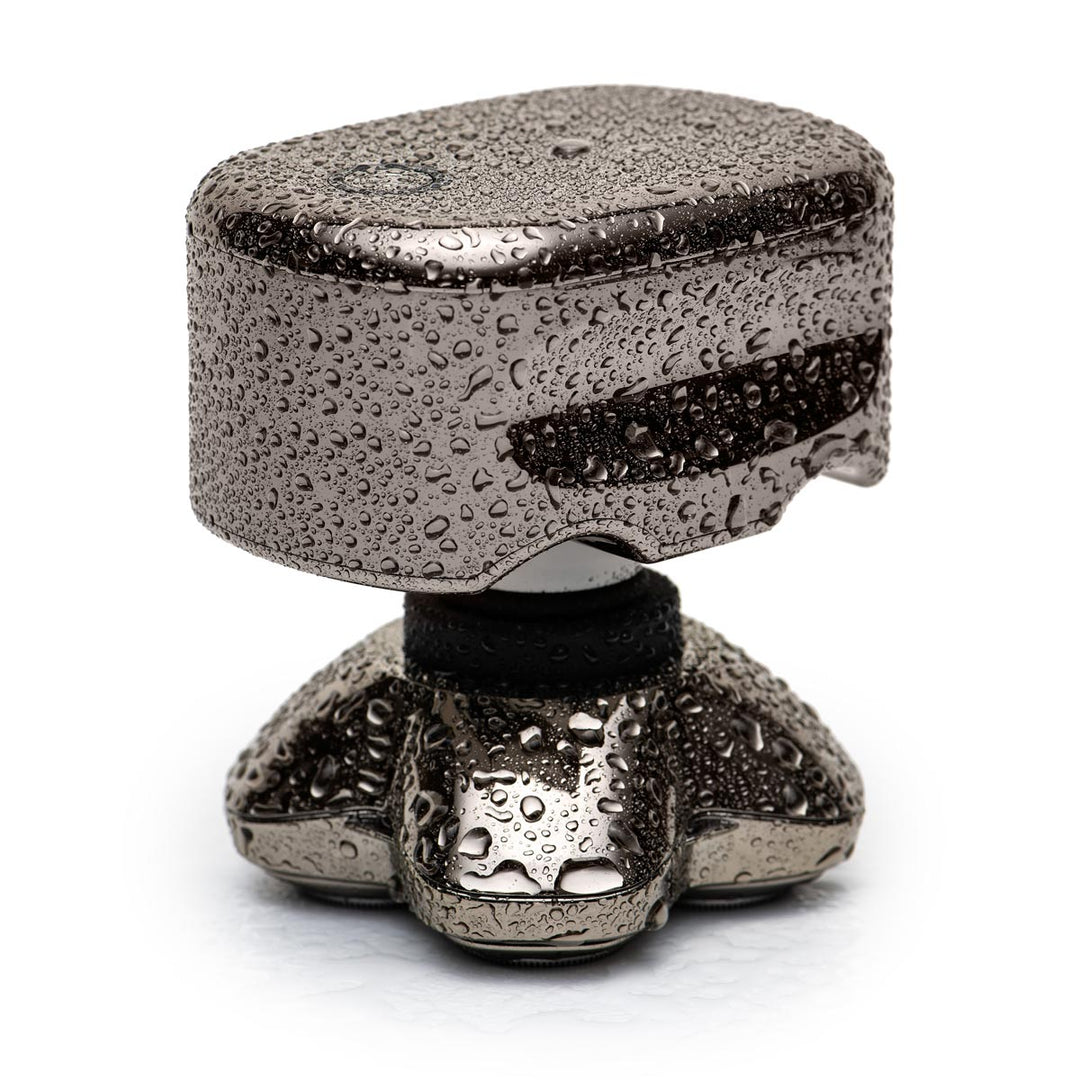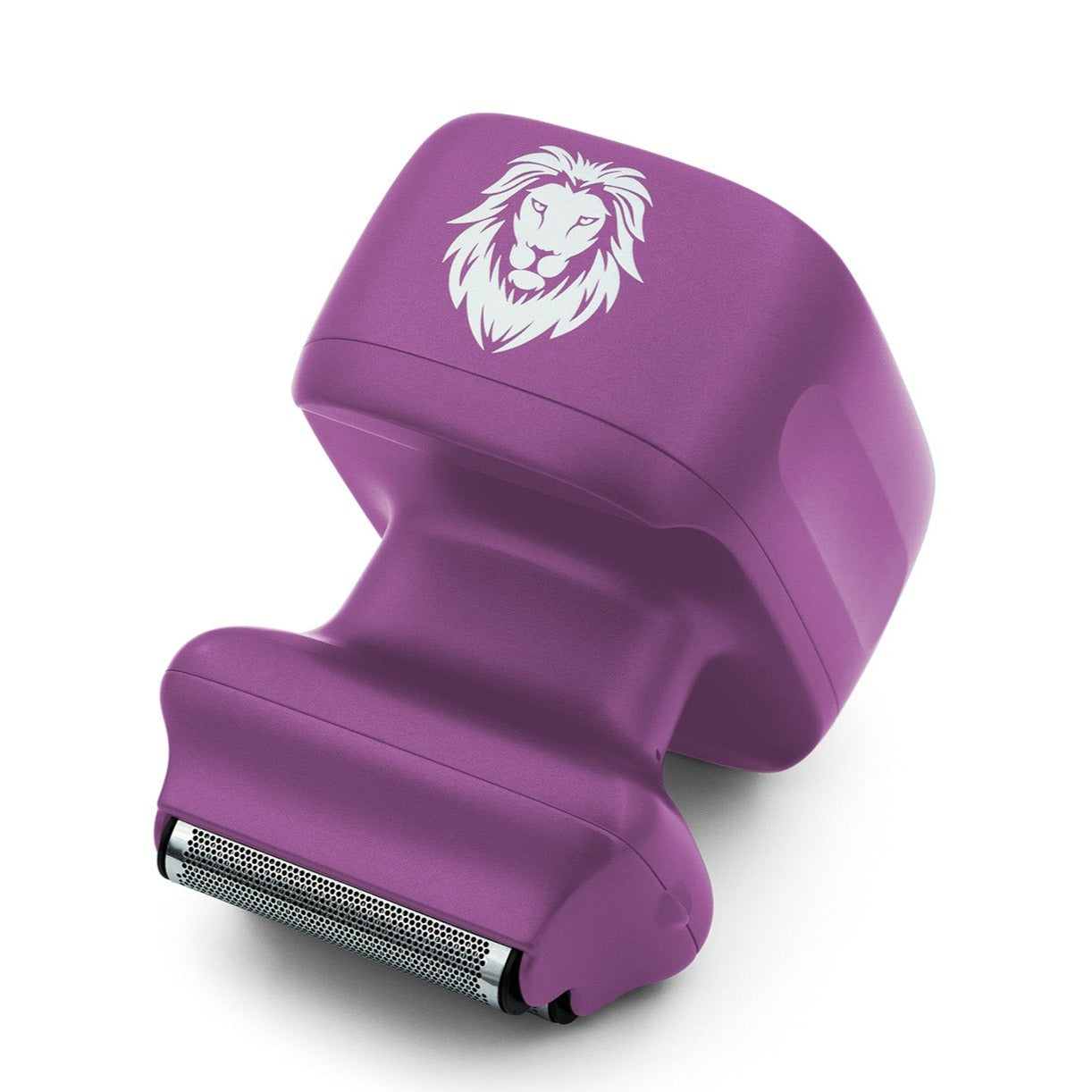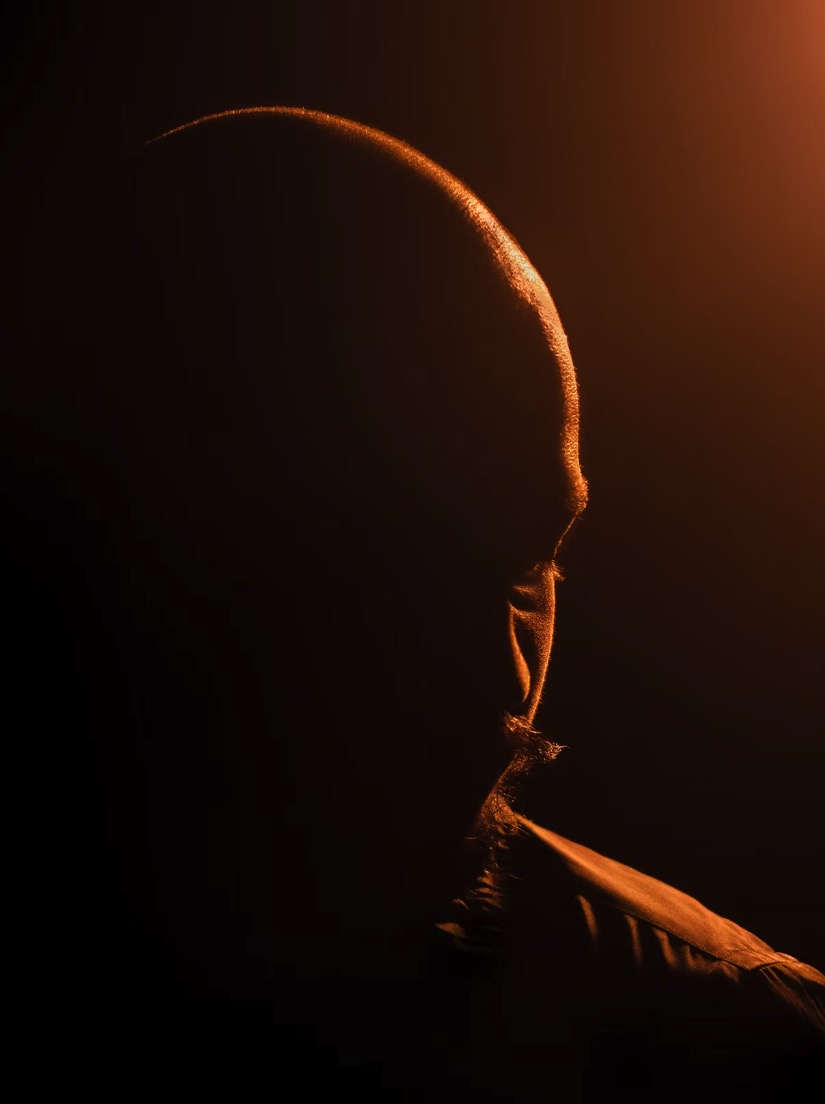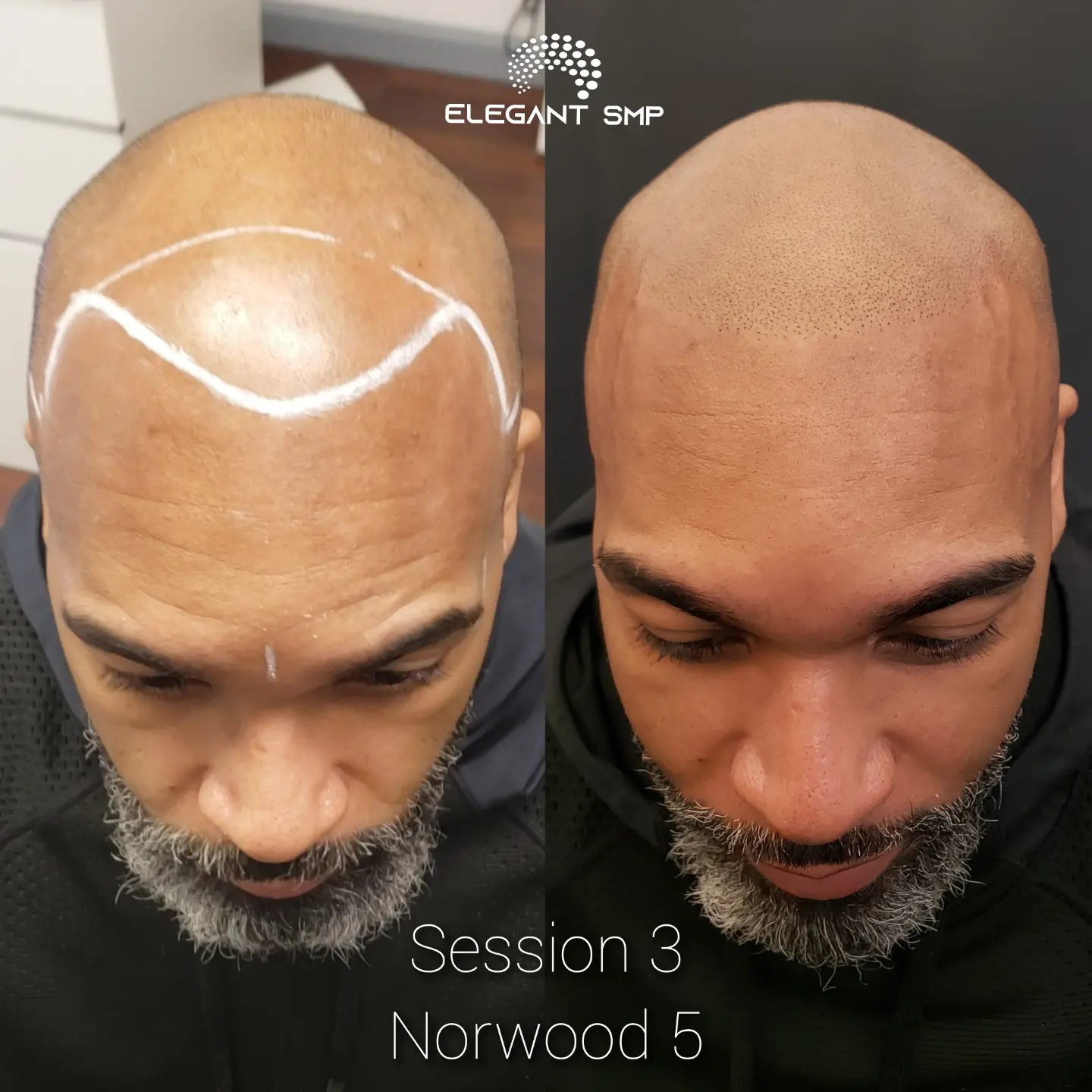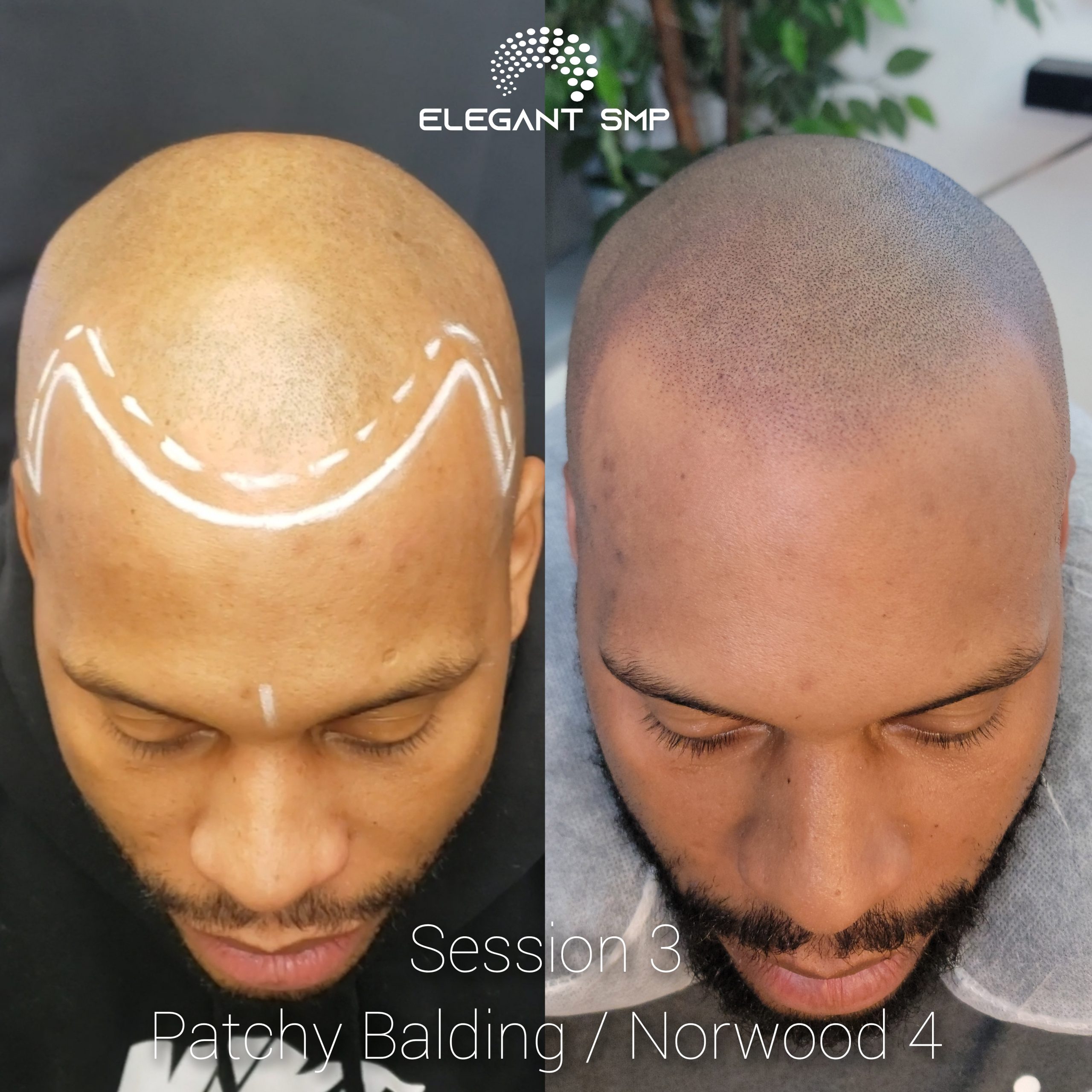Depending on when and where you ask this question, baldness carries a wide variety of meanings across different cultures and time periods. The perception of baldness has profoundly impacted social, professional, and personal lives globally. While some societies celebrate baldness as a symbol of wisdom or strength, others ridicule it, associating it with aging or a lack of virility. As such, understanding the cultural perceptions of baldness provides critical insights for businesses like Elegant SMP, which focuses on giving bald men and women back their hairlines using scalp micropigmentation (SMP).
Table of Contents

Historical Perspective on Baldness
In ancient civilizations, baldness had various connotative meanings. For instance, in ancient Egypt, a shaved head was often a sign of nobility and cleanliness. Meanwhile, in Classical Greece, a head full of lush hair was seen as a symbol of virility and beauty. The ancient Greeks and Romans even used wigs extensively to cover bald spots, highlighting the high value placed on a full head of hair.
Table 1: Historical Perceptions of Baldness
| Civilization | Perception of Baldness |
|---|---|
| Ancient Egypt | Nobility, cleanliness |
| Classical Greece | Lack of virility, beauty associated with hair |
| Ancient Rome | Wigs used, hair valued |
Gender and Baldness
Men and Baldness
In modern society, male baldness often evokes mixed reactions. Celebrities like Jason Statham and Dwayne "The Rock" Johnson have helped to reshape the image of bald men as strong and attractive. However, for many average men, the experience of hair loss can be emotionally challenging, often associated with aging, decreased attractiveness, and reduced confidence.
Challenges Faced by Bald Men:
- Self-esteem Issues: Hair loss can severely impact self-esteem and lead to feelings of insecurity.
- Professional Setbacks: Some individuals feel that a full head of hair is crucial for professional success.
- Social Stigmas: Bald men can sometimes be the target of jokes or negative stereotypes.
Women and Baldness
Female hair loss is less commonly discussed but can be even more stigmatized. Cultural expectations often demand that women maintain luscious, full hair as a symbol of femininity and health. As a result, women who experience hair thinning or baldness often feel isolated and may go to great lengths to hide their condition.
Challenges Faced by Bald Women:
- Emotional Distress: Women often face greater emotional distress when dealing with hair loss.
- Hidden Struggles: Many women opt to wear wigs or hats, making their experience less visible.
- Social Stigmas: Society's emphasis on hair as a symbol of femininity can result in severe social pressure.
Table 2: Emotional and Social Impacts of Baldness on Gender
| Gender | Emotional Impact | Social Impact |
|---|---|---|
| Men | Self-esteem issues, feeling less attractive | Professional and social stigma |
| Women | Greater emotional distress, feeling isolated | Stronger societal pressure, often hidden |
Geographical Differences in Baldness Perceptions
Western World
In the Western world, baldness has seen fluctuating acceptance. The emergence of influential bald personalities in recent decades has helped diminish some negative stereotypes. Yet, the media often perpetuates the ideal of a full head of hair through advertisements for hair restoration treatments and products.
Asia
Asian cultures, particularly in countries like Japan and South Korea, often view hair as an essential aspect of personal and professional identity. Baldness can be seen more negatively here, with individuals often seeking medical or cosmetic treatments to restore their hair.
Africa
In many African cultures, hair has strong symbolic meanings pertaining to identity, religion, and social status. Shaved heads can be seen both as a practical choice and a cultural expression. However, baldness due to hair loss is often less stigmatized compared to other regions.
List of Geographical Perceptions:
- Western World: Mixed acceptance, influenced by media and popular culture.
- Asia: High emphasis on hair as part of identity, more negative views on baldness.
- Africa: Practical and cultural reasons for shaved heads, less stigma regarding baldness.
Modern Solutions to Baldness
With evolving technologies and societal shifts, solutions to baldness have become more accessible and varied. While some individuals choose to embrace their baldness, others opt for treatments like scalp micropigmentation (SMP), hair transplants, or hairpieces.
Scalp Micropigmentation (SMP)
At Elegant SMP, we specialize in providing a non-invasive solution for baldness. SMP involves using fine needles to tattoo pigment into the scalp, mimicking the appearance of hair follicles. Our lead technician, Tommy, who has had SMP for over five years and performed numerous treatments, ensures that the results are exceptional and undetectable.
Advantages of SMP:
- Non-invasive: Unlike hair transplants, SMP doesn't require surgery.
- Immediate Results: Clients can see the difference after just a few sessions.
- Natural Appearance: With skilled technicians, the results look very natural.
Hair Transplant
Hair transplants involve the surgical redistribution of hair follicles from one part of the scalp to the thinning or bald area. While effective, this approach can be costly and involves a recovery period.
Pros and Cons of Hair Transplants:
| Pros | Cons |
|---|---|
| Permanent Solution | Surgery involved, expensive |
| Natural Hair Growth | Requires recovery, potential side effects |
Hairpieces and Wigs
Hairpieces and wigs offer an immediate solution to baldness, providing a full head of hair without surgery or invasive procedures. Modern wigs are made from high-quality materials, making them look natural and realistic.
List of Benefits of Hairpieces and Wigs:
- Instant Change: Provides a quick solution for covering baldness.
- Variety: Available in various styles and colors.
- Non-invasive: No need for surgery or needles.
Public Figures and Baldness
Public perception of baldness has been significantly influenced by famous personalities who embrace their baldness with confidence. These individuals demonstrate that baldness does not equate to a lack of beauty, power, or success. Their widespread recognition and impact help to shape societal views positively.
Examples of Influential Bald Personalities:
- Michael Jordan: The renowned basketball player who is often viewed as a cultural icon.
- Dana White: President of the Ultimate Fighting Championship (UFC) and a notable bald figure.
- Adele: The singer who has spoken candidly about her struggles with hair loss.
- Bruce Willis: The actor known for his role in the "Die Hard" series, who has become an action movie icon.
- Vin Diesel: Another action movie star famous for the "Fast & Furious" franchise, who exudes strength and charisma.
- Jeff Bezos: The founder of Amazon, one of the wealthiest individuals, and a figure of immense corporate success.
- Samuel L. Jackson: An acclaimed actor known for his roles in numerous blockbuster films, including the "Marvel Cinematic Universe."
- Stanley Tucci: A versatile actor known for his diverse roles in both film and television, including "The Hunger Games" series.
- Dwayne "The Rock" Johnson: A former professional wrestler turned actor, known for blockbuster films and his charismatic persona.
Table 3: Impactful Bald Figures
| Name | Profession | Impact |
|---|---|---|
| Michael Jordan | Basketball Player | Redefined masculinity and confidence in sports |
| Dana White | UFC President | Demonstrated leadership and success |
| Adele | Singer | Raised awareness about female hair loss |
| Bruce Willis | Actor | Icon of action movies, defined rugged masculinity |
| Vin Diesel | Actor | Star of blockbuster films, symbol of strength |
| Jeff Bezos | Entrepreneur | Example of corporate success, wealth |
| Samuel L. Jackson | Actor | Recognized for diverse and impactful roles in film |
| Stanley Tucci | Actor | Known for versatility in film and television |
| Dwayne "The Rock" Johnson | Wrestler/Actor | Blend of athletic prowess and acting success |
These influential figures each have their own unique stories and accomplishments, and their baldness does not detract from their success or public appeal. They help to foster a broader acceptance and even celebration of baldness in mainstream culture.
Conclusion
The cultural perceptions of baldness are deeply nuanced, shaped by historical, gender, geographical, and social contexts. While some societies have begun to shift towards a more accepting view, baldness still carries various stigmas and stereotypes. At Elegant SMP, we understand the emotional and social challenges that come with losing your hair, and we are committed to providing solutions that restore confidence and dignity to our clients.
Whether through full acceptance of your balding, getting SMP, or being inspired by the stories of influential bald figures, it’s clear that baldness does not diminish one’s worth, attractiveness, or potential. By embracing and understanding these cultural perceptions, we can better support individuals in their journey toward self-acceptance and confidence.




